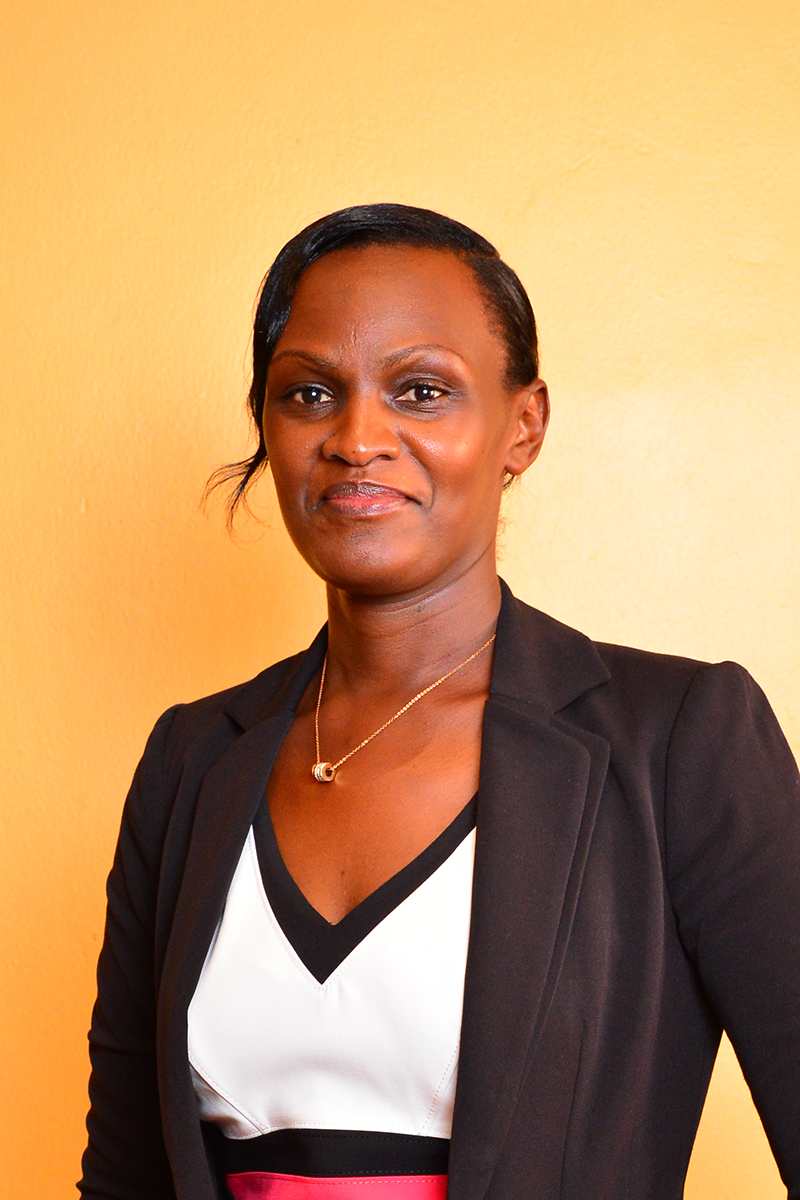Meet research fellow Dr Judith Irene Nagasha

“I dream of societies being transformed through knowledge sharing and enterprises that benefit from the evidence gleaned from practical research. I want to see more science being communicated in the media, promoting stories of positive change in African countries, and be part of creating an Africa-wide medium for translating science into policy and practice.”
This vision of Dr Judith Irene Nagasha encapsulates what drives her research and work – and this passion for gaining and applying knowledge has an unlikely beginning. Growing up in the west of Uganda as part of a farming family, her parents had no formal education. Yet, their passion for education planted a seed in Judith. “Being the firstborn and a role model for my siblings, I was motivated to stop the cycle of illiteracy in the family,” she says.
Judith joined the Africa Centre team in July as a research fellow for the next three years, during which time her focus will be on how to translate the vast amount of research generated by centre staff and students into practice, particularly to augment its involvement in community outreach.
Judith specialises in food security, climate change, indigenous knowledge, research translation and natural resource management, all through the application of a gender lens. She is currently researching the value-adding role of women in fish and milk value chains – a topic in which she is highly knowledgeable. In fact, she recently won the 2023 Social Entrepreneurship Challenge, which recognises innovative and inspiring ideas that have lasting positive impacts on society, organised by the Vrije Universiteit Brussel Chair of Social Entrepreneurship for her gender and milk value chains project. The project aims to empower women from the Kiruhura district in Uganda to produce and market safe milk products, ultimately increasing their household income and improving food security.
There is strong alignment between Judith’s research interests and the Africa Centre’s focus areas: “Supporting women’s roles in the fish and milk value chain contributes to the centre’s core focus areas of research and capacity building in terms of HIV and Aids and the workforce,” says Judith. Importantly, it complements the centre’s community outreach efforts, especially given that women are mostly affected by the HIV/Aids pandemic.
Actually, Judith’s personal ambitions are a reflection of the change we all want to see: “I want to help local communities break the cycle and injustice of poverty and ignorance by helping them establish social enterprises that enable them to increase their household income, particularly for vulnerable women.” It is because of women like Judith that we can be hopeful of seeing communities redirect their paths to a more successful future.
